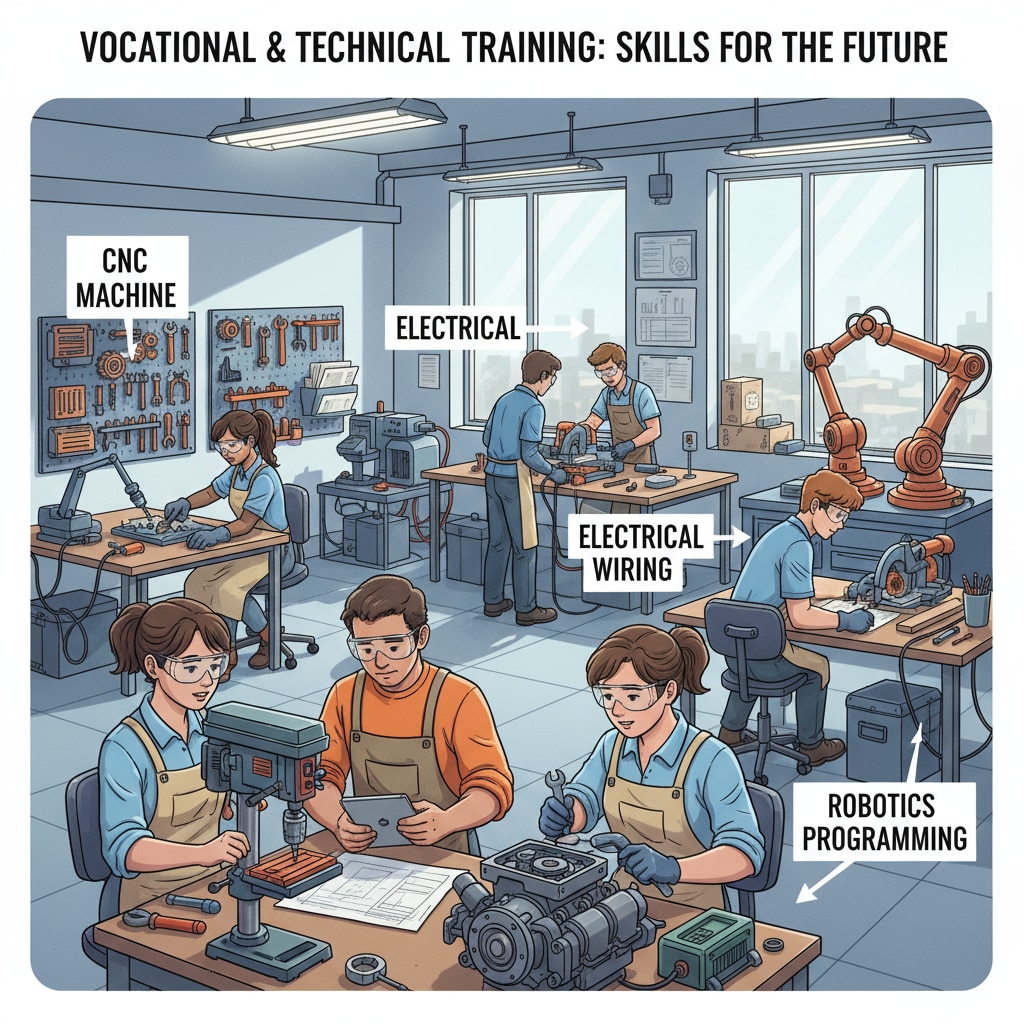In the landscape of education, the debate between higher education, return on investment, and vocational and technical education has gained significant traction. For years, the “university first” mentality has dominated, but is it truly the best path in terms of return on investment? Let’s explore.

The Allure of Higher Education and Its Assumed ROI
Higher education has long been seen as the golden ticket to a prosperous future. Parents and students alike often strive for a university degree, believing it will guarantee high-paying jobs and a successful career. According to Wikipedia’s entry on higher education, universities offer a broad range of academic programs that aim to cultivate well-rounded individuals with in-depth knowledge in various fields. However, the reality of the return on investment might not be as straightforward as expected. The cost of tuition, accommodation, and other expenses associated with higher education has been skyrocketing. In addition, the job market has become highly competitive, and not all graduates find lucrative positions immediately after graduation.
The Rise of Vocational and Technical Education
On the other hand, vocational and technical education is making a strong comeback. These programs are designed to equip students with practical skills that are directly applicable to specific industries. As per Britannica’s information on vocational education, vocational and technical education focuses on hands-on training, preparing students for jobs in fields such as healthcare, construction, and technology. The investment in these programs is often lower compared to higher education, and the time to enter the workforce is shorter. Graduates from vocational and technical education are in high demand, as they can hit the ground running in their respective industries.

When comparing the return on investment of higher education and vocational and technical education, it’s clear that there is no one-size-fits-all answer. Each path has its own merits and challenges. While higher education may offer a broader knowledge base and potential for career advancement in certain fields, vocational and technical education provides a quicker route to employment and a more direct return on investment in terms of time and cost. In conclusion, students and parents should carefully consider their interests, career goals, and financial situations when choosing between higher education and vocational and technical education. The goal should be to make an informed decision that maximizes the return on investment in education.
Readability guidance: Short paragraphs and lists are used to summarize key points. Each H2 section provides a list where possible. The proportion of passive voice and long sentences is controlled, and transition words are scattered throughout the text.


